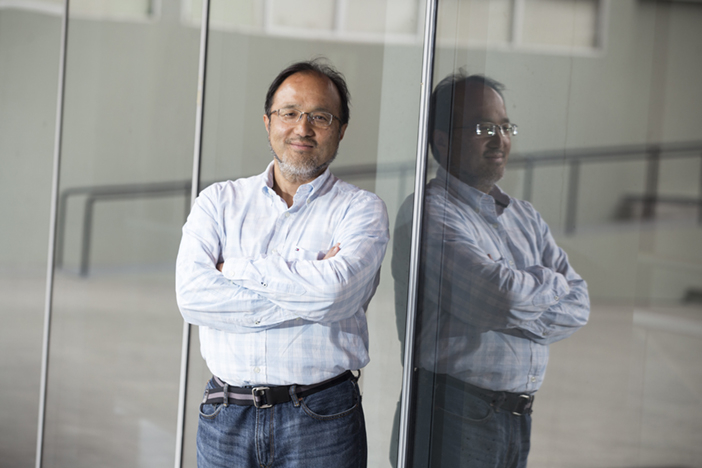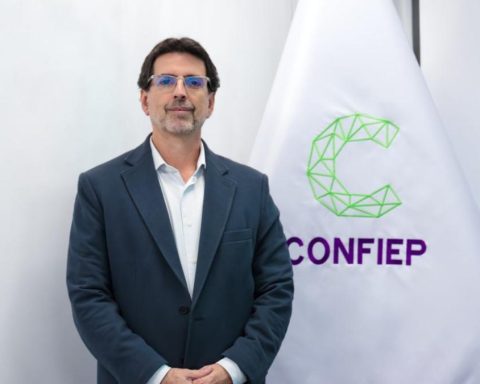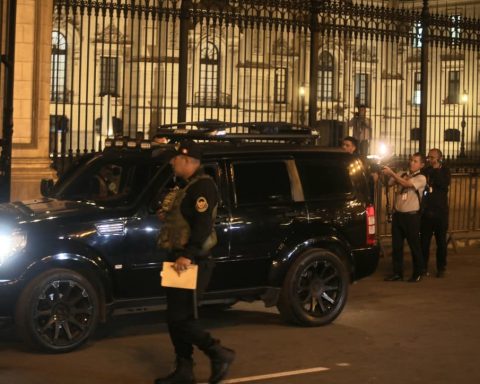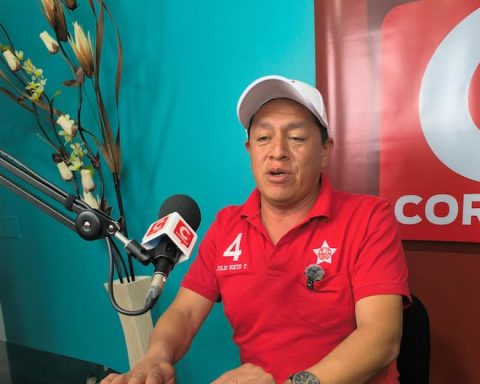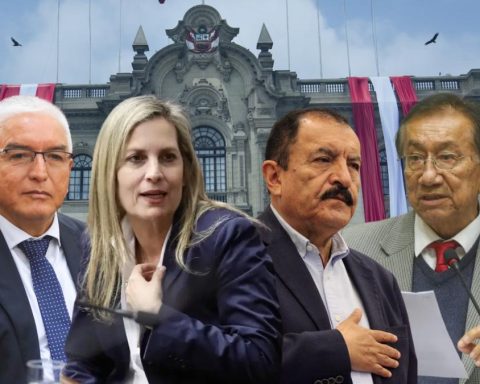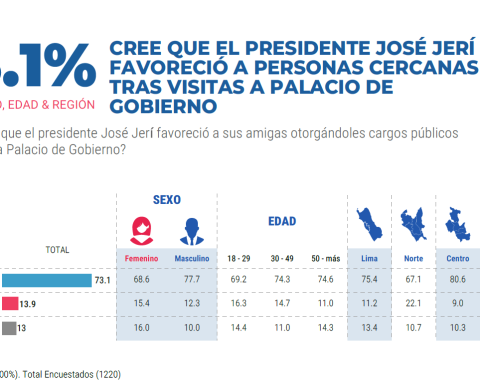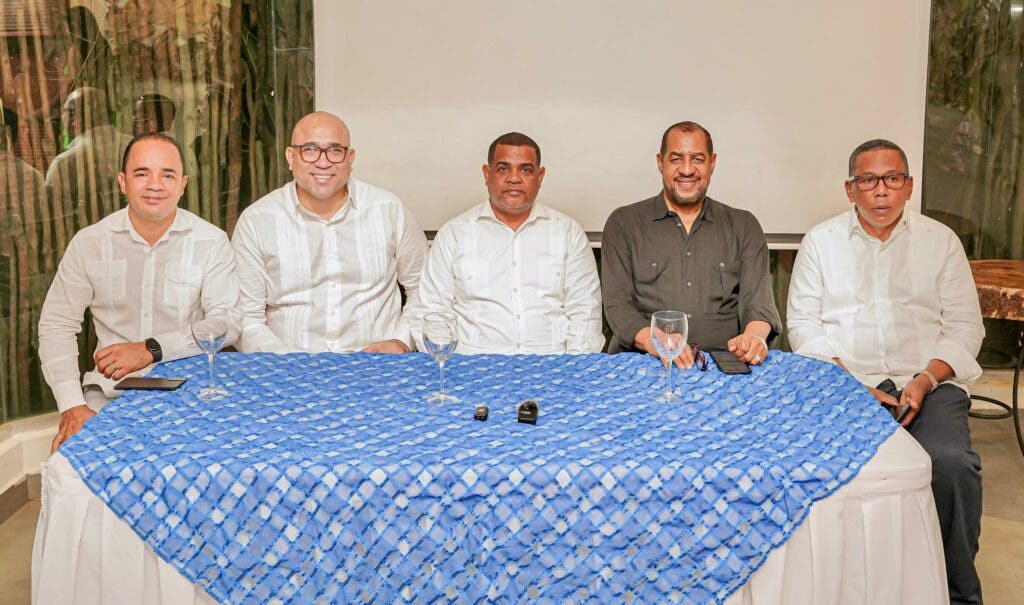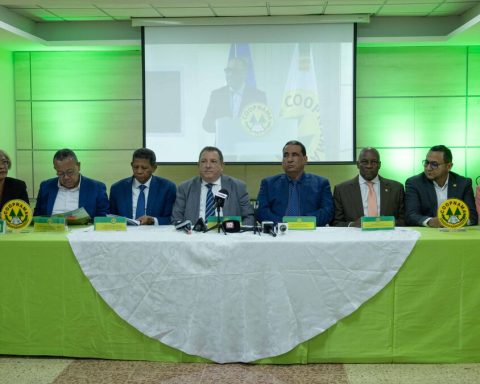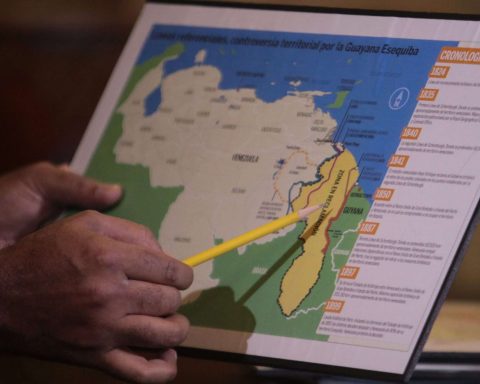The political scientist Martin Tanaka considers that the current Congress has remained in the short-termism that links with the search to satisfy its interestsbetting on relying on interest groups that, in a context of fragmentation, can be useful to them. In this way, they made progress in counter-reforms, but that path must be resumed.
—What is Congress seeking with its intention to require political scientists to pay a membership fee?
—It is in the interest of a small sector to create a closed group, which excludes a significant number of colleagues, and to control a college with compulsory membership to practice the profession. It would mean a share of power.
—Control policy findings that make you uncomfortable?
—That is a great risk. By controlling a group, the college can disqualify dissenting and uncomfortable positions by claiming that this group has a monopoly on the exercise of the profession, the analysis and study of politics. The best thing for the discipline is that there is pluralism, freedom and many voluntary associations of political scientists with activities to raise the debate, make proposals and improve academic quality. Diversity is very important.
—There are other initiatives such as requiring journalists to obtain a degree and changing the Place of Memory. Do they want to force a narrative that suits their interests?
—I couldn’t go all the way. It is clear that this Congress has formed a large majority around very conservative values and very intransigent, exclusive positions, with a rather authoritarian character. This can be seen in all kinds of initiatives: legislation is passed in favour of particular groups, conservative views, those involved in judicial problems and not in the fight against corruption. We have to look at this context of a great conservative counteroffensive.
—What would you say is the most damaging thing about this Congress?
—It imposes a point of view unilaterally and aggressively and ends up being a boomerang for parliamentarians: they make decisions and legislate based on very short-term interests. They are creating all kinds of problems not for tomorrow, but the day after tomorrow, for which we will have to pay, because this conservative, revengeful logic of Parliament has populist overtones that will cause great disorder and harm.
—Isn’t this Congress a reflection of conservative society?
—Our society is plural. There are conservative positions. Parliament should seek the broadest possible consensus. That is not perceived: the debate and convening are a very closed group of people very similar to their positions. Great instability is being generated going forward. There is no will to acknowledge criticism and they continue to assume that, since they have the votes, they move forward.
—And what positive aspects do you recognize in the current Congress?
—It is difficult. On one or two hands, I can count parliamentarians who are trying hard to do a better job. Parliament lost its way a long time ago. At the beginning, there was an effort to create a parliamentary agenda, with the most important issues, but that was lost. Legislation is not made based on the most serious problems. If not, the most appropriate legislation would be sought to address insecurity, improve environmental institutions, promote investment and employment.
—They have known how to take advantage of the cracks, for example, in the university reform, the kids who were left without universities…
—That’s true. The reforms in transport, education and others were half-finished and much remains pending. It has been relatively easy to dismantle progress. Pending problems had to be solved. We have gone backwards and no fundamental solutions are being proposed.
—Instead of fixing the cracks, they knocked down the house?
—Yes. So the underlying problem remains: the poor quality of education, the chaos of transportation, the insecurity continue.
—There are cuts in salaries and redistributions, but there will be elections. How can we see a political future from a Congress that is so rejected and continue to turn its back on the country?
—It seems that they think that, with their approval ratings so low, it is no longer important what they do. As the electoral process approaches, we begin to see that some try to distance themselves a little from the Presidency of the Republic. It is a strategy. Some consider that having the support of a small group in a context of fragmentation can be profitable and useful.
—In the political reform proposal that you included, how was it intended to avoid this situation?
—The main mechanism for bringing people together and reducing fragmentation was the primary elections. It was good to open up participation in politics, but with a brake on adventurism: the primaries, an election to filter out the unrepresentative and improvised, so that they would be eliminated from the competition.
—Alberto Fujimori’s sentencing was a milestone. But he was given a huge farewell and with honours from Boluarte. What do you think?
—It is the logic of the Executive to approach Parliament, where the largest group is Fujimori. In this way, it is understandable that Boluarte pays tribute to a president convicted of very serious crimes. It has been a contradiction. But it is recognized that Fujimori managed to maintain followers. Hopefully, Fuerza Popular will assume a full democratic conversion, because there is much ambiguity regarding the authoritarian legacy.
—Some people, because of so many people at the funeral, said that Fujimorism will go to the second round.
—No, it is an exaggeration. It is true that he has managed to maintain a hard core and in a scenario of great fragmentation it could be the basis for going to the second round. It cannot be ruled out.
—What agenda should be taken to avoid falling into a political crisis?
—The political elite must become aware that the country is accumulating a series of very serious problems. The economy shows greater vulnerability and it is clear that we need strong institutions and greater social cohesion. We were talking about these issues some time ago: how to redistribute better, how to integrate better, how to strengthen institutions. We must return to this logic of reforms and not counter-reforms as we have seen recently.
